Water Quality Problems
Affecting Your Home
From PFAs, chlorine, to heavy metals, these common water quality problems can affect the health of your home and your family.
Water Quality Problems
Affecting Your Home
From PFAs, chlorine, to heavy metals, these common water quality problems can affect the health of your home and your family.
Common Water Contaminants
Affecting Your Water Quality
Whether your water comes from the town, city, municipality, or a well-water source, you may have contaminants in your water. Our water sources are often riddled with heavy metals, minerals, chemicals, and microorganisms. Explore our guide, highlighting common water contaminants, and learn about each contaminant’s properties and potential impacts. Continue reading to learn the top benefits of improved water quality and what you should consider when determining your water quality.
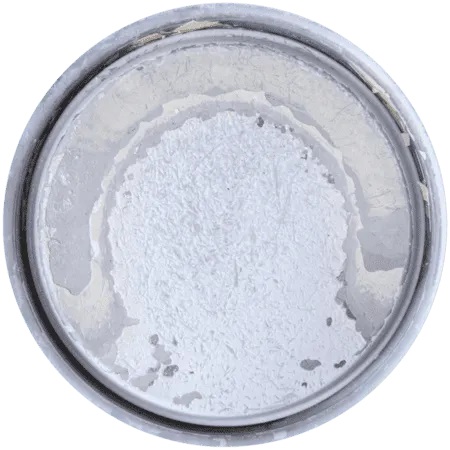
Hard Water
Water with high amounts of calcium and magnesium. Signs of hard water may include mineral stains, spots on glasses and silverware from the dishwasher, and decreased water pressure.
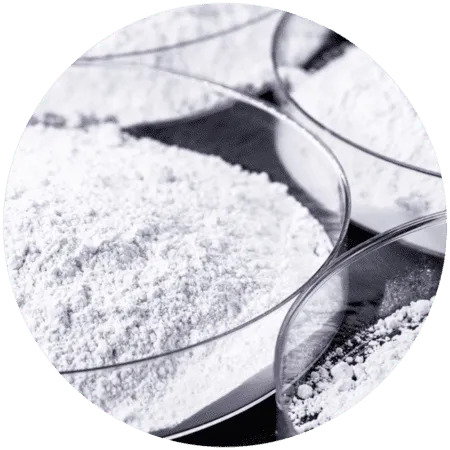
Chlorine
Commonly used in municipal drinking water, this chemical helps eliminate potentially harmful microorganisms found in freshwater.
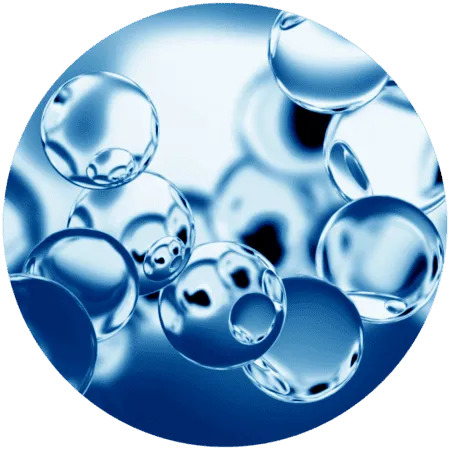
PFAS, PFOAs, & PFOSs
(PFOAs & PFOSs) consist of many chemicals used in industrial and consumer products for heat and fluid resistance since the 1950s.
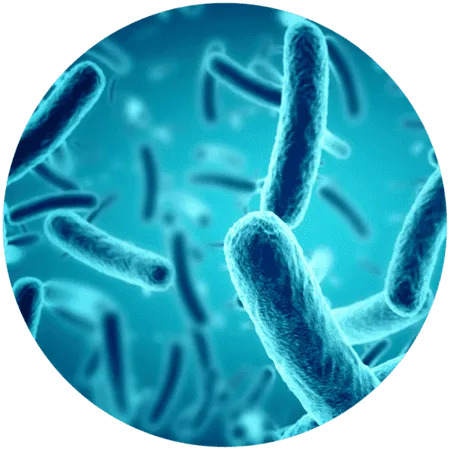
Microorganisms
Inadequately treated water may contain coliform bacteria, legionella, giardia, and enteric viruses. The WQA recommends the use of UV water treatment systems.
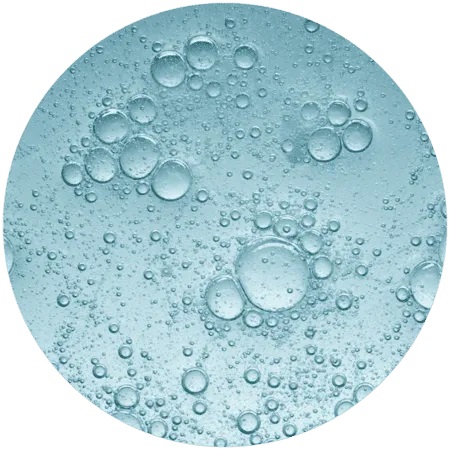
Acidic Water
Water with pH levels of less than 7. For water, pH levels indicate how acidic it may be (alkaline levels). A primary concern of acidic water is high levels of heavy metals.

Nitrate/Nitrite
Naturally occurring in surface and groundwater at lower levels. High levels of nitrate in well water often result from improper well construction, overuse of chemical fertilizers, & disposal of bio-waste.
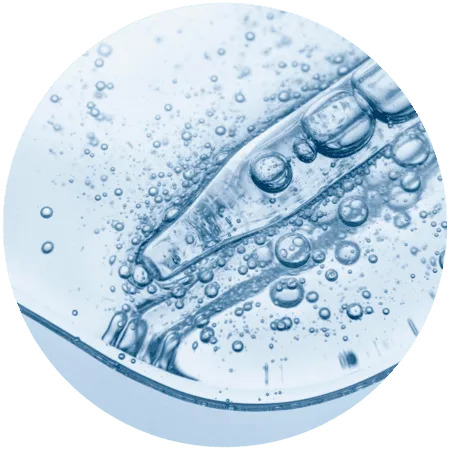
Haloacetic Acids
Haloacetic acids are formed when disinfectants such as chlorine are added during the municipal water treatment process. Visit the EWG to the five haloacetic acids regulated by federal standards.

Radium
Radium is a radioactive element that causes bone cancer and other cancers. It can occur naturally in groundwater, and oil and gas extraction activities such as fracturing can elevate concentrations.
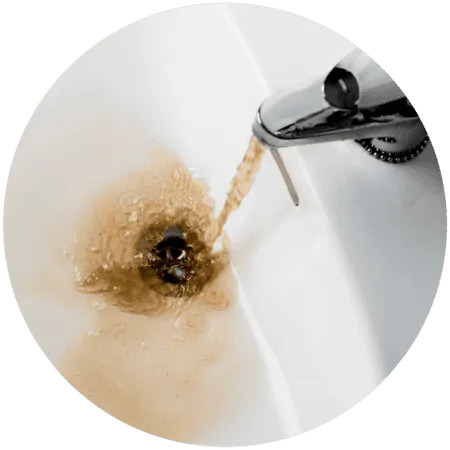
Manganese
This mineral found in rocks and soil gives water a brownish discoloration, resulting in unpleasant odors, bitter taste, and brown water stains.
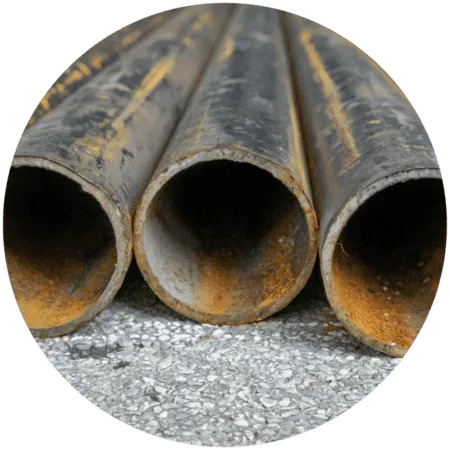
Lead
Lead can commonly enter through drinking water through the corrosion of existing lead water service lines and lead-lined water tanks or plumbing fixtures.

Arsenic
This contaminant is naturally occurring within the ground and an industrial byproduct of coal burning. Arsenic can enter groundwater from existing deposits and pollution.
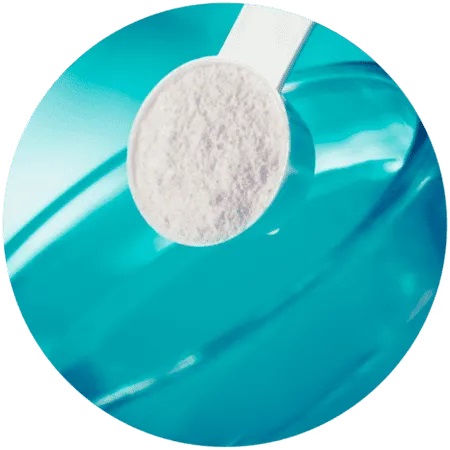
Chloramine
Chloramines used as an disinfectant by water utilities may cause corrosion of copper and lead pipes. Since the 1930s (ppm) chloramine levels continue to increase within municipal water supplies.
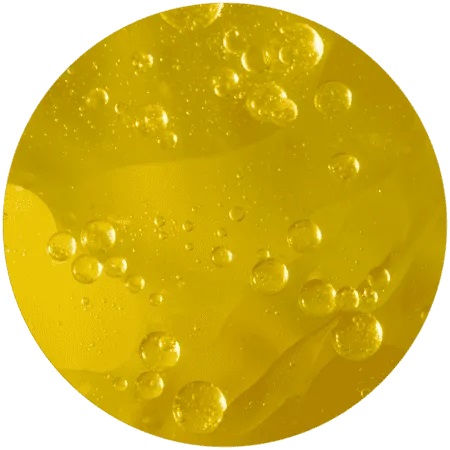
Ammonia
Commonly found in municipal drinking water, ammonia is a by-product of chloramine use. Long-term ingestion of 1 mg/l (ppm) in drinking water may cause potential health problems.
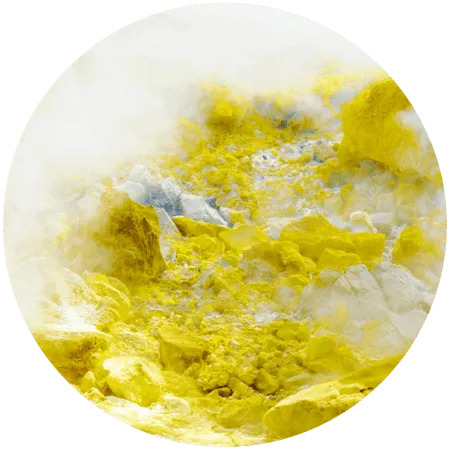
Hydrogen Sulfide
When hydrogen sulfide is present, water smells like rotten eggs or sulfur. This colorless gas is extremely corrosive to metal pipes, turning them black and eventually causing leaks.
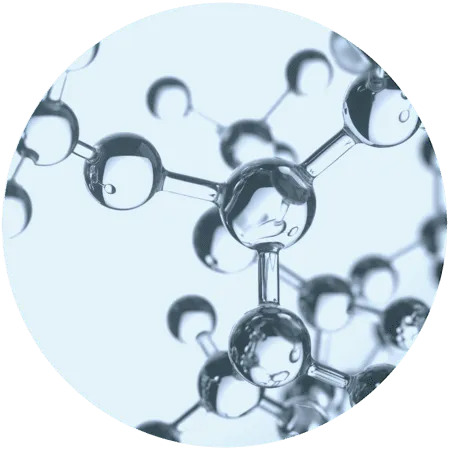
Trihalomethanes
Trihalomethanes (TTHMs), is formed when chlorine and other disinfectants are used the treatment process of drinking water.

Chronium
Chromium (hexavalent) is a carcinogen that commonly contaminates American drinking water. Chromium in drinking water may be due to industrial pollution or natural occurrences in mineral deposits and groundwater.
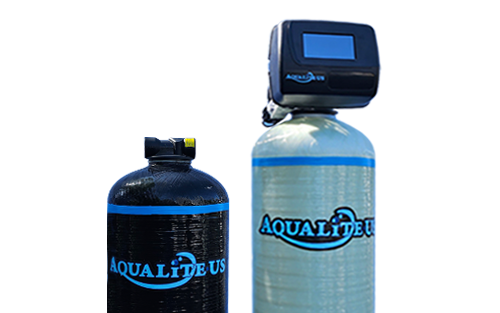
Whole-Home Water Filtration
Aqualite U.S. filters systems with advanced designed solutions to your homes problem water issues from iron, TDS, chlorine, chloramine, manganese, bacteria control to P.H problems we have a solution for your homes water problem needs. Our certified custom filters will exceed your expectations.
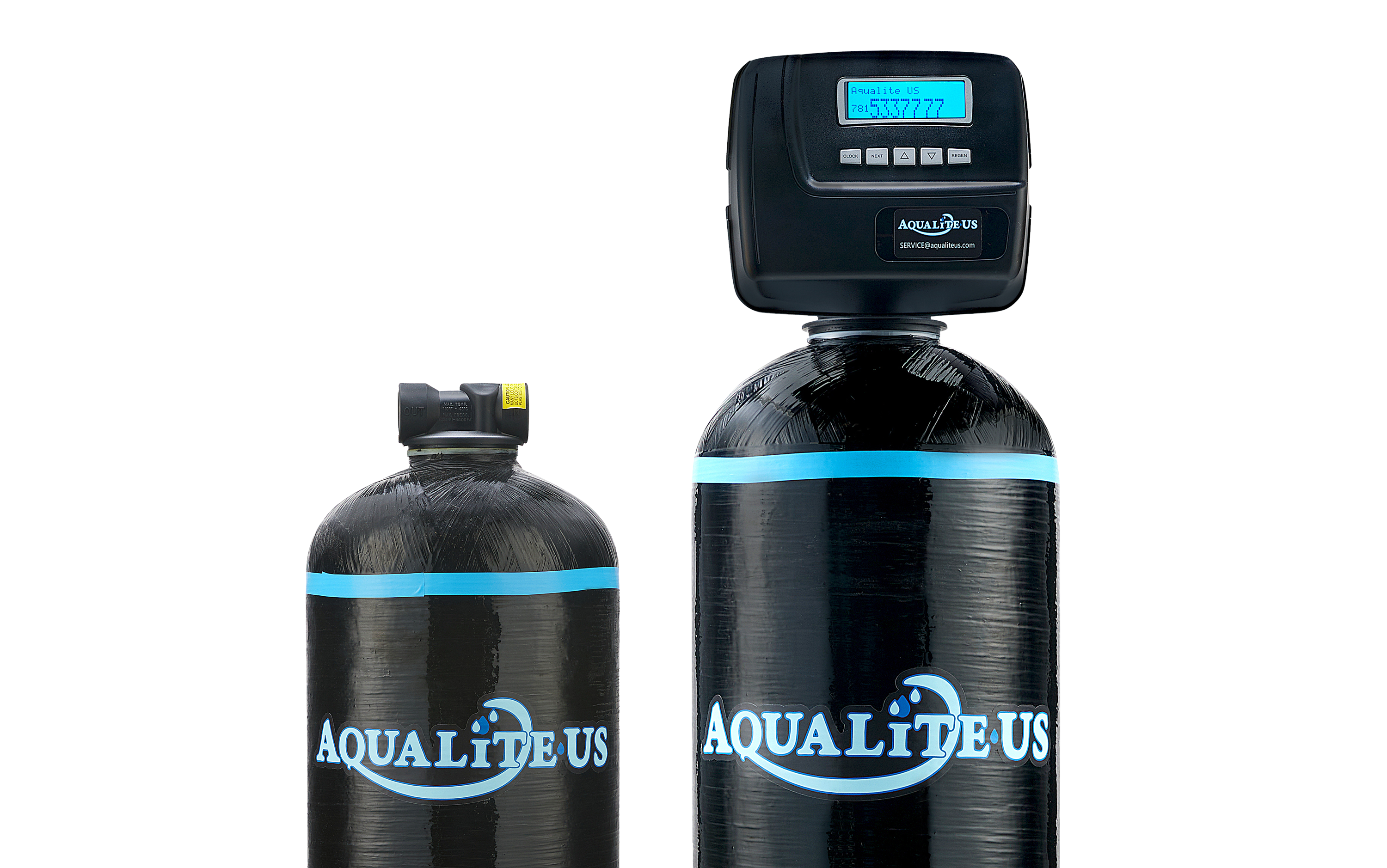
Top Benefits of Improved Water Quality
Always Enjoy Clean & Pure Drinking Water
From every faucet enjoy clean and pure drinking water with whole-home water purification.
Reduce, Save On Soaps & Detergents
With softer, mineral free water the cleaning power of your soap increases, reducing excessive use.
Have Healthier, Smoother, Softer Skin & Hair
Eliminating heavy metals, chlorine, and fluoride from your water can improve the overall health of your skin and hair.
Reduce Potential Plumbing Problems
With water filtration you can reduce the minerals and heavy metals that could damage plumbing.
Reduce Water Rust & Limescale Buildup
Water purification can reduce water rust, mineral, and limescale buildup in sinks, showers, etc.
Increase Appliance Longevity
Whole-home water filtration can prevent water minerals and heavy metals from damaging appliances.
New England's Battle With PFAS Water Pollution
According to the Department of Environmental Services, almost half New Hampshire residents get water from a private well. As of early 2022, 39% of wells in NH tested by the department exceed one or more of the limits for PFAS chemicals.
In Massachusetts, Private wells provide drinking water to more than 500,000 Massachusetts residents. A new analysis of Massachusetts public water systems by the Sierra Club finds that 70% of communities have detectable levels of the six most dangerous PFAS chemicals in their ground and surface waters.
Questions To Ask Yourself When Considering
Your Home’s Water Quality

Is your water safe?
When asking yourself about your home’s water safety, you should consider what common contaminants may be polluting it. From arsenic, radon, lead, chloramines, and PFAS, these contaminants can prove to be hazardous to your water quality. Connect with our team of water experts today and have Aqualite US help you determine if your water is safe.

Is your water clean enough to drink from the faucet?
If your answer is NO, then consider why. Whether it’s uncertainty about your water quality or your water has a foul smell or taste, you should consider some form of water filtration. Connect with our team today and have Aqualite US determine the right drinking-water and home water quality solution for you and your family.

Are there know water quality problems in the area you live?
Not many homeowners know what water quality problems may persist within their town, city, municipality, or well water source. Even though each home has unique and individual water quality problems, you can get a baseline annual water quality report for your region directly from the EPA’s website (Environmental Protection Agency). Click here and enter your town or city to view the water quality report for your region.

Is your water costing you money?
Not many homeowners realize the costly impact poor water quality can have. If your home has hard water, the performance and longevity of your major home appliances may be impacted, resulting in costly repairs, replacements, and possible plumbing issues. Additionally, hard and mineral-rich water can also contribute to excessive soaps, and detergents use. Consider the amount of savings you could see by reducing the volume of soaps and detergents your family uses.

Providing High-Quality
Service Since 1991
Aqualite provides whole-home water softeners, purification, and conditioning systems. Packed with advanced and patented technology. These systems can provide cleaner, softer, and safer water for your entire home and family.
Read Our Blog
on Water Quality
Learn About
Water Contaminants
PFAS Drinking Water
Pollution Crisis
